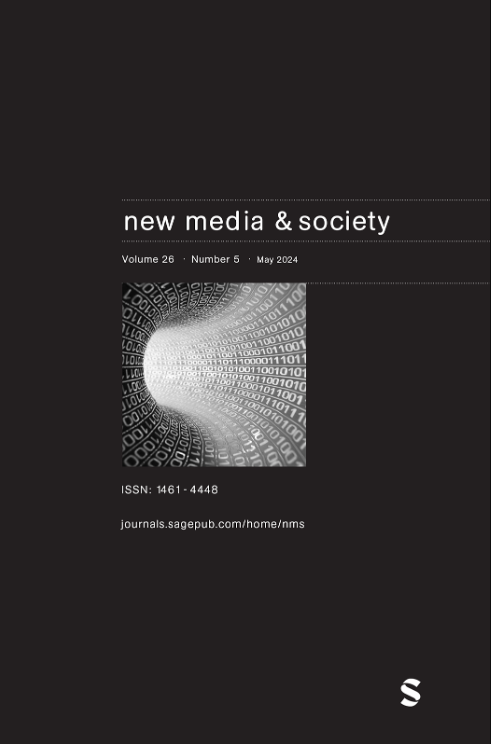网络有毒言论作为定位行为:仇恨作为他人和归属感的话语机制
IF 4.3
1区 文学
Q1 COMMUNICATION
引用次数: 0
摘要
虽然数字平台培养了一种社区意识和认同感,但它们也助长了有害的排他性做法。在这种情况下,有毒和仇恨言论不仅是伤害他人的关键机制,也是他人和归属感的标志过程。在本文中,我们以哥伦比亚电报公共群组为研究对象,检视仇恨与有毒言论在群组内外形成与维持的建构过程中所扮演的角色。更具体地说,我们通过分析3221篇具有高水平毒性的帖子,研究了成员如何使用有毒言论来定位自己和他人与群体中出现的叙述的关系。我们的分析揭示了社交媒体平台上反社会行为的复杂和矛盾的用途。总的来说,这项研究的发现加深了我们对社会满足感的理解,这种满足感是仇恨和有毒言论如何被用来剥夺个人权利的基础。本文章由计算机程序翻译,如有差异,请以英文原文为准。
Online toxic speech as positioning acts: Hate as discursive mechanisms for othering and belonging
While digital platforms foster a sense of community and identity, they also facilitate harmful exclusionary practices. In this context, toxic and hateful speech are key mechanisms not only for harming others but also marking processes of othering and belonging. In this article, we examine the role of hateful and toxic speech in structuring processes of in- and out-group formation and maintenance by focusing on a public Colombian Telegram group. More specifically, we examine how members use toxic speech to position themselves and others in relation to narratives emerging from the group by analyzing 3221 posts with high levels of toxicity. Our analysis yields insights into the complex and paradoxical uses of antisocial behavior on social media platforms. Overall, the findings of this study deepen our understanding of the social gratifications that underlie how hate and toxic speech are used to disenfranchise individuals.
求助全文
通过发布文献求助,成功后即可免费获取论文全文。
去求助
来源期刊

New Media & Society
COMMUNICATION-
CiteScore
12.70
自引率
8.00%
发文量
274
期刊介绍:
New Media & Society engages in critical discussions of the key issues arising from the scale and speed of new media development, drawing on a wide range of disciplinary perspectives and on both theoretical and empirical research. The journal includes contributions on: -the individual and the social, the cultural and the political dimensions of new media -the global and local dimensions of the relationship between media and social change -contemporary as well as historical developments -the implications and impacts of, as well as the determinants and obstacles to, media change the relationship between theory, policy and practice.
 求助内容:
求助内容: 应助结果提醒方式:
应助结果提醒方式:


